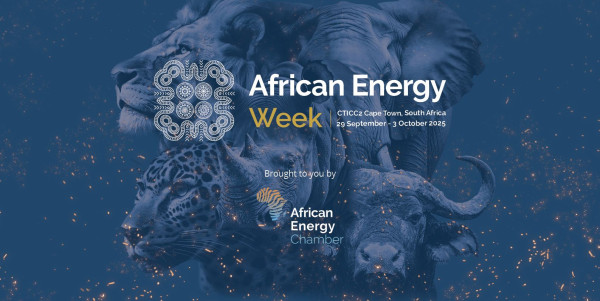Financing Africa’s Energy Future: The Role of International Investors and Development Finance Institutions

While the African continent boasts significant oil, gas and renewable energy resources, unlocking these opportunities requires substantial investment in infrastructure and long-term financing solutions. Development finance institutions (DFIs) and international investors are crucial in de-risking projects, mobilizing capital and turning ambitious energy initiatives into economic drivers that fuel industrialization and energy security, and will remain a key source of funding for Africa’s energy sector growth in 2025 and beyond.
International investors, including private equity firms, sovereign wealth funds and multinational energy corporations, are increasingly looking at Africa as a key frontier for energy investment. DFIs, such as the African Development Bank (AfDB), the World Bank and the International Finance Corporation (IFC), have stepped in to de-risk investments, offering concessional loans, guarantees and technical assistance to make African energy projects more attractive to private capital. The AfDB’s recent transactions include $54 million for Mozambique’s first wind energy project, $28 million for solar plants in Chad and $500 million to support energy access in Nigeria. Meanwhile, the IFC recently launched a $150 million green bond for solar projects in Africa and announced its readiness to accelerate financing for private-sector transmission grid projects in South Africa. These institutions provide a crucial financial backbone, ensuring that large-scale infrastructure, LNG projects, and renewable energy initiatives can access the funding they need to reach completion.
One of the most significant financing trends in Africa’s energy sector is the rise of blended finance mechanisms. By combining public and private capital, these models reduce risks for investors while ensuring projects align with both commercial and developmental objectives. Public-private partnerships have proven particularly effective in financing energy infrastructure, with governments providing regulatory frameworks and initial capital while private investors scale operations. Additionally, green bonds and sustainability-linked financing are gaining traction, enabling projects focused on renewable energy and carbon reduction to secure international funding. In November, Egypt’s Arab African International Bank issued Africa’s largest private green bond worth $500 million, with the IFC, European Bank for Reconstruction and Development and British International Investment purchasing the full issuance.
African Energy Week (AEW): Invest in African Energies 2025 serves as a critical platform to accelerate access to financing for African energy projects. By convening global investors, policymakers and project developers in one space, AEW facilitates direct engagement between those seeking capital and those providing it. Through dedicated financing forums, deal rooms and strategic dialogues, AEW helps de-risk African energy projects by providing transparency, regulatory clarity and access to key decision-makers. The event fosters partnerships that translate discussions into tangible investment commitments, ensuring that Africa’s energy sector secures the funding required for long-term sustainability and growth.
As Africa looks to balance economic development with the global energy transition, securing diverse financing sources will be essential. With international investors and DFIs playing a central role, and platforms like AEW driving collaboration, the continent is well-positioned to unlock its vast energy potential and build a more resilient and sustainable energy future.
Distributed by APO Group on behalf of African Energy Chamber.
AEW: Invest in African Energy is the platform of choice for project operators, financiers, technology providers and government, and has emerged as the official place to sign deals in African energy. Visit www.AECWeek.com for more information about this exciting event.



